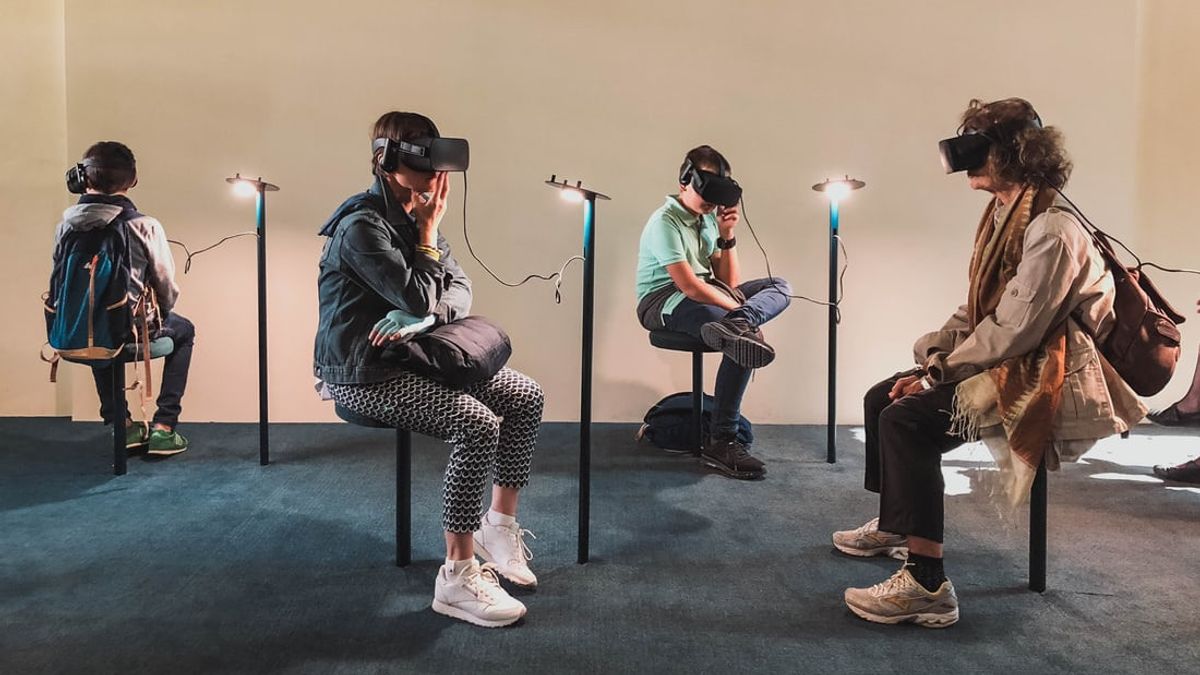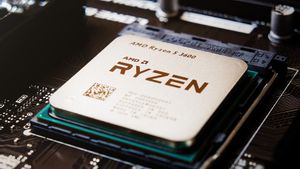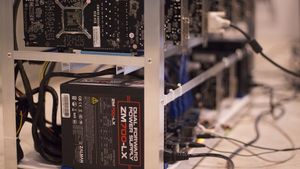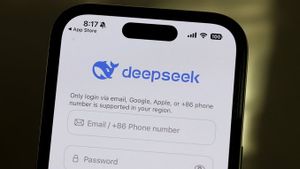JAKARTA - Qualcomm and Microsoft partnered to enter the world of the metaverse together by developing the Snapdragon Augmented Reality (AR) chip.
Announced at IoT CES 2022, the chip will power future ultra-light AR glasses in the Microsoft ecosystem.
"We announced that we are developing a custom Snapdragon augmented reality chip for the next generation, power-efficient, ultra-light AR glasses for the Microsoft ecosystem," said Qualcomm CEO Cristiano Amon.
"We integrated into the software chip platforms from both companies, (namely) the Microsoft Mesh platform, and the recently announced Qualcomm Snapdragon Spaces XR development platform," he added.
Amon explained that in the future Snapdragon Spaces will be fully integrated into Microsoft Mesh, and this platform will be available for the next generation of lightweight glasses.
The support plan for Microsoft Mesh and Qualcomm Snapdragon Spaces XR is very important indeed. Both platforms offer compelling mixed reality use cases that can span multiple devices.
Mesh already has cross-platform VR and AR systems to connect between virtual reality headsets, tablets, smartphones, and PCs, while Spaces aims specifically at integrating Qualcomm-powered smartphones as a second screen for mixed reality experiences.
SEE ALSO:
Given that Qualcomm is partnering to provide chips for ultra-light augmented reality glasses, it seems clear that both companies have big ambitions to integrate future projects into a wider and connected digital world.
This partnership is not the first time the two companies have run, previously starting in 2019, the Qualcomm Snapdragon 850 chip already supports Microsoft's HoloLens 2 headset.
Meanwhile, Qualcomm has only increased its focus and development more specifically on AR and VR-focused chips in recent years, including the Snapdragon XR2 that powers the Oculus Quest 2. Microsoft and Qualcomm have also teamed up to build chips on the embedded SQ1 and SQ2 processors on the Surface Pro X.
The English, Chinese, Japanese, Arabic, and French versions are automatically generated by the AI. So there may still be inaccuracies in translating, please always see Indonesian as our main language. (system supported by DigitalSiber.id)


















